Medical
child immunization, childhood diseases prevention, children’s health care, Dr Arooj Qayyum, immunization schedule, importance of vaccination, pediatric health, pediatric vaccination importance, vaccination awareness, vaccination in children, vaccination myths and facts, vaccine benefits, why vaccination matters
Dr Arooj Qayyum
0 Comments
The Importance of Vaccination in Children
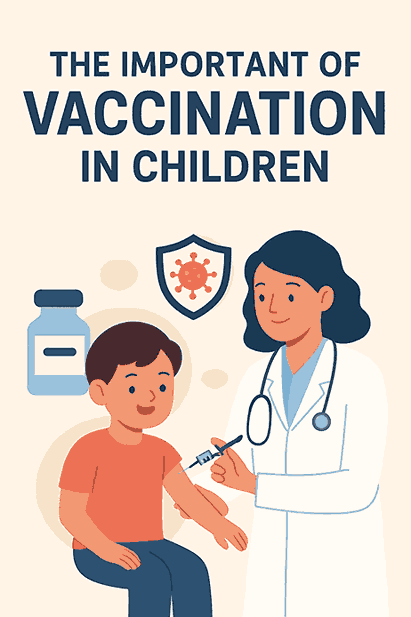
Vaccination remains one of the most effective medical achievements in human history. For children, vaccines not only protect against dangerous diseases but also create healthier communities. Despite the evidence, myths and misinformation still cause hesitation among parents. To build a safe and secure future for children, society must recognize the importance of timely vaccination and continue to encourage it as a shared responsibility.
A Shield Against Deadly Diseases
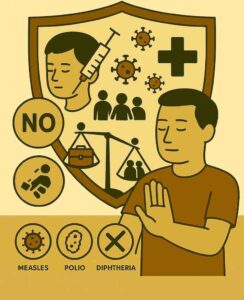
Vaccines prepare a child’s immune system to fight infections before they even occur. When a child receives a vaccine, the body develops antibodies that recognize and defeat harmful germs. Diseases such as measles, polio, diphtheria, and whooping cough once caused widespread deaths. Today, thanks to vaccination, these illnesses are rare or nearly eliminated in many parts of the world.
Moreover, vaccines do not just protect the individual child. They also create herd immunity. This means that when most children in a community receive vaccines, it becomes difficult for diseases to spread. As a result, even children who cannot be vaccinated due to medical reasons gain protection.
Preventing Future Epidemics
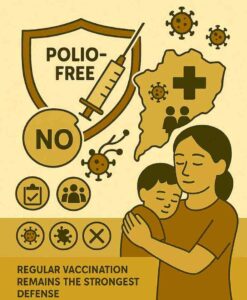
History shows how outbreaks can devastate communities. Polio, for instance, once paralyzed thousands of children each year. With consistent vaccination campaigns, many countries have now declared themselves polio-free. Without vaccination, however, the disease can easily return and spread quickly.
In the same way, measles outbreaks still occur when vaccination rates drop. The lesson is clear: regular vaccination remains the strongest defense against future epidemics. Parents who vaccinate their children not only safeguard their own families but also protect society as a whole.
Cost-Effective Healthcare
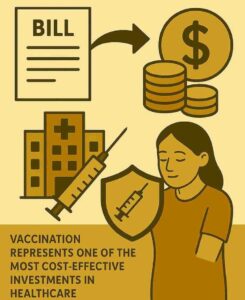
Vaccines also reduce healthcare costs for families and governments. Treating a child with a preventable disease often requires hospitalization, expensive medicines, and sometimes long-term therapy. On the other hand, a single vaccine dose costs far less and provides lasting protection.
For example, treating a case of meningitis can be financially and emotionally devastating. In contrast, a meningitis vaccine prevents the disease almost entirely. Therefore, vaccination represents one of the most cost-effective investments in healthcare.
Overcoming Myths and Misconceptions
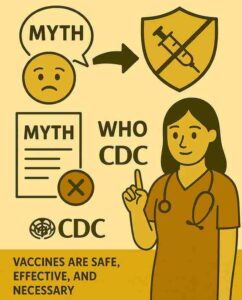
Despite clear benefits, many myths surround childhood vaccines. Some parents believe vaccines cause harmful side effects or link to conditions such as autism. Extensive research has proven these claims false. Trusted organizations, including the World Health Organization (WHO) and the Centers for Disease Control and Prevention (CDC), confirm that vaccines are safe, effective, and necessary.
Most vaccine side effects, such as mild fever or soreness at the injection site, disappear quickly. These temporary effects are small compared to the severe, lifelong consequences of diseases like polio or measles. Addressing misinformation with facts, compassion, and open communication helps parents make informed decisions.
The Role of Parents and Healthcare Providers
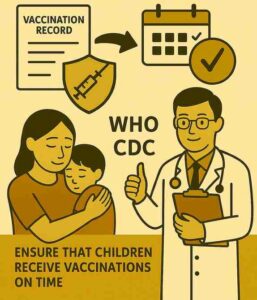
Parents play the most crucial role in ensuring timely vaccinations. Creating a habit of visiting pediatricians, keeping vaccination cards updated, and following recommended schedules ensures that children remain safe.
Healthcare providers, on the other hand, must guide parents with accurate information. Clear communication about benefits, risks, and schedules builds trust. When doctors and nurses spend time answering questions, parents feel confident and supported in their decision to vaccinate.
Vaccination as a Religious and Social Duty
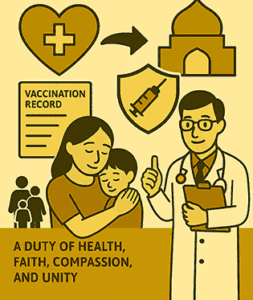
For many, health is both a personal and spiritual responsibility. Caring for children and preventing harm align with the values of every major faith. In Islam, for example, protecting life is among the highest duties. Vaccination plays a role in fulfilling that duty by safeguarding not only one’s own child but also other children in the community.
From a social perspective, vaccination reflects compassion and unity. It shows that parents care not just about their families but also about protecting neighbors, classmates, and future generations.
Building a Healthier Future
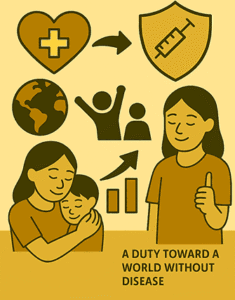
Vaccination is more than just a medical procedure. It represents hope for a healthier tomorrow. Every vaccinated child takes the world one step closer to eliminating preventable diseases forever. Smallpox, once deadly, was completely wiped out through global vaccination campaigns. The same success is possible for other diseases if communities continue to support vaccination.
When children grow up free from preventable diseases, they attend school more regularly, perform better academically, and live healthier adult lives. As a result, entire societies benefit from reduced healthcare costs, increased productivity, and stronger economies.
Conclusion
Vaccination in children is not optional—it is essential. It protects individual health, prevents deadly outbreaks, saves healthcare costs, and strengthens communities. Parents, doctors, and society must work together to ensure no child is left unprotected.
The responsibility lies in making informed choices. By choosing vaccination, parents give their children not just protection against diseases but also the gift of a safer, healthier future.
Tag
child immunization childhood diseases prevention children’s health care Dr Arooj Qayyum immunization schedule importance of vaccination pediatric health pediatric vaccination importance vaccination awareness vaccination in children vaccination myths and facts vaccine benefits why vaccination matters
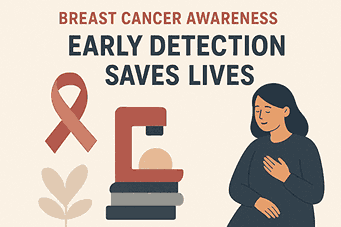
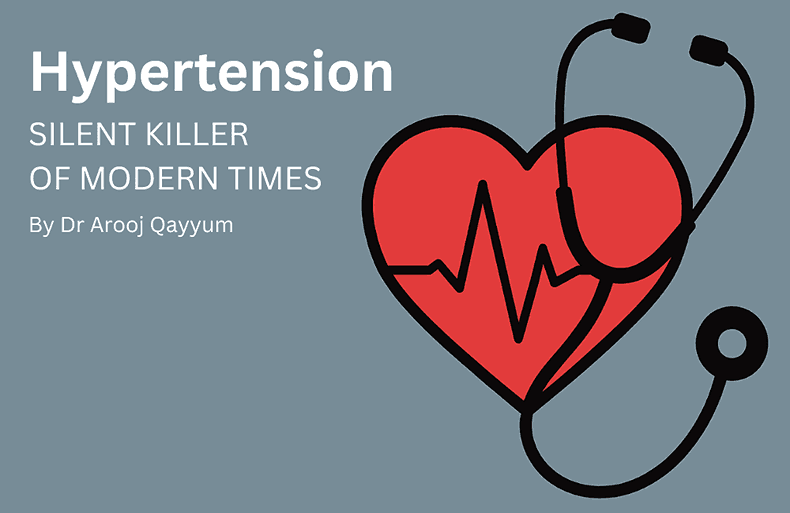
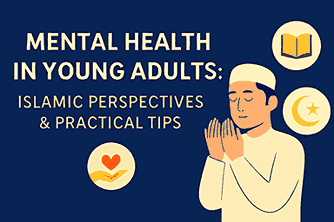
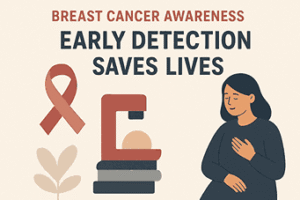
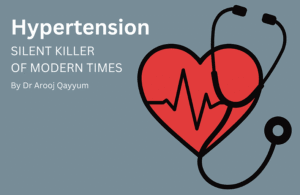
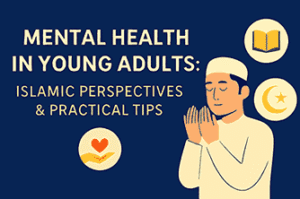

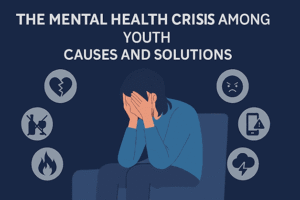
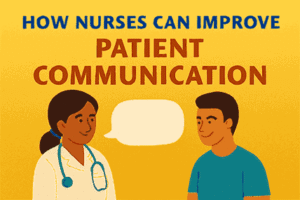
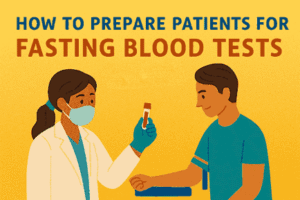
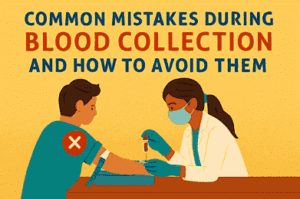

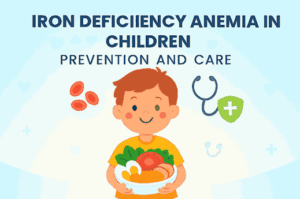
Post Comment